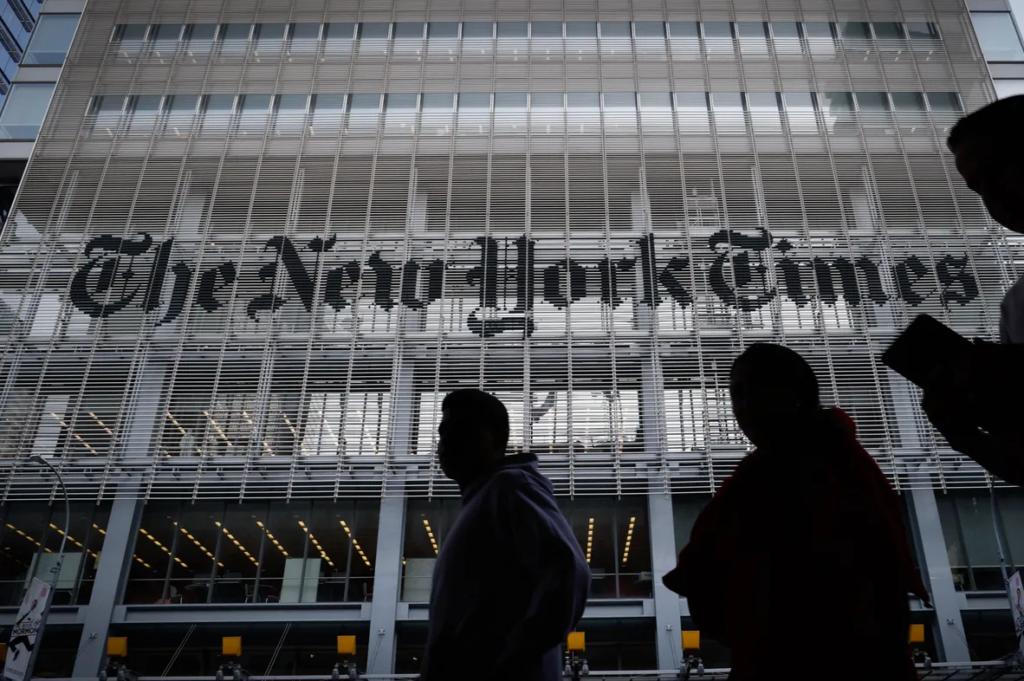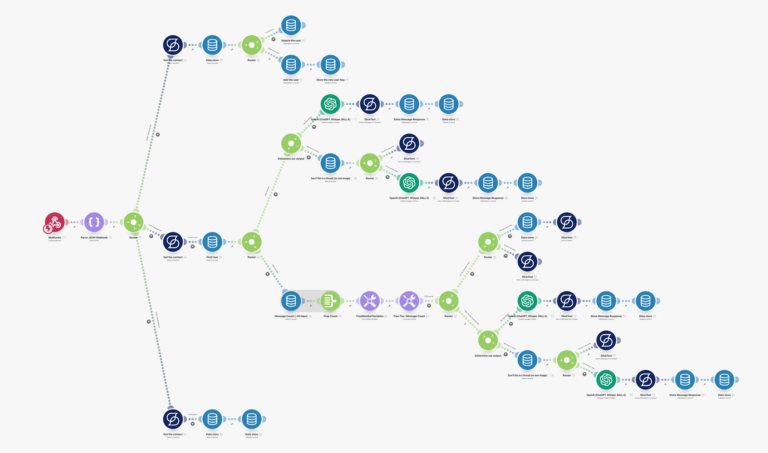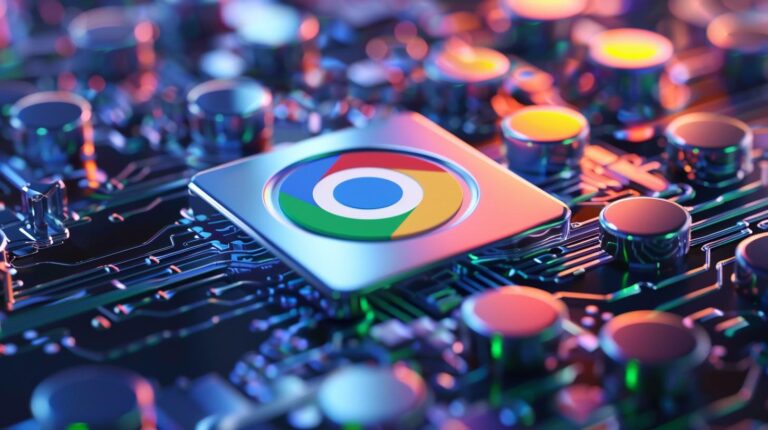New York Times vs OpenAI & Microsoft

The New York Times has filed a lawsuit against OpenAI and Microsoft, alleging copyright infringement. The lawsuit, filed in Federal District Court in Manhattan, claims that the companies used millions of articles published by The Times without permission to train their AI models, including OpenAI’s ChatGPT and Microsoft’s Copilot.
The Times alleges that these AI models can generate outputs that recite Times content verbatim, closely summarize it, and mimic its expressive style, which it claims undermines and damages its relationship with its readers. The lawsuit does not specify an exact monetary demand but suggests that the defendants should be held responsible for “billions of dollars in statutory and actual damages”.
Yep, that’s billions with a “B”.
The Times had approached Microsoft and OpenAI in April to raise concerns about the use of its content, but the talks did not lead to a resolution. The publication is also asking the court to prevent OpenAI and Microsoft from training their AI models using its content and to remove the Times’ work from the companies’ datasets.
This lawsuit could potentially set a precedent for the wider industry, as it is the first among major news publishers to take on OpenAI and Microsoft over issues like this. The outcome of this case could have far-reaching implications for the use of generative AI technologies.
A few ways I see the impact affecting small businesses (good and bad):
- Generative AI Tools: Small businesses may face limited access or increased costs for AI tools if the lawsuit leads to restrictions on AI development.
- Economic Contributions: Increased costs for AI tools could impact small businesses’ efficiency and take away from the benefit of cost savings.
- Adaptability & Competition: Legal constraints on AI could challenge small businesses’ adaptability and competitive edge against larger firms and competitors.
- Content Creation: A ruling in favor of The New York Times may offer content creators more control over their work with a new revenue option not previously considered.
- Access to AI Benefits: Changes in AI training methods due to the lawsuit might result in reduced benefits with lower quality outputs.. in turn, creating higher costs.
Microsoft and OpenAI have expressed surprise and disappointment at the development, stating that their ongoing conversations with The New York Times had been productive and were moving forward.
This one is going to be big 🍿
Around the web
🖥️ Case Study – One year of writing with ChatGPT
💬 Perplexity.ai 2-months free – use code HOLIDAYS23
📹 Microsoft Edge CoPilot can now auto summarize YouTube Videos
😮💨 The fastest opensource transcription I’ve found (free to run)
🗣️ Thought of the week
If ‘fortune favors the bold’ and ‘luck is when opportunity meets preparation’ – what are you doing to start 2024 that makes you stand out, puts you in a position to receive, and are ready when it happens for you?
AI Video is quickly becoming indistinguishable

Last week was all about Midjourney 6 and this week I’m finding more and more stunning videos produced by AI that are nearly indistinguishable from real footage.
Before long you’ll be able to fully render a whole short film with natural language. But for now, give some of these a watch.


